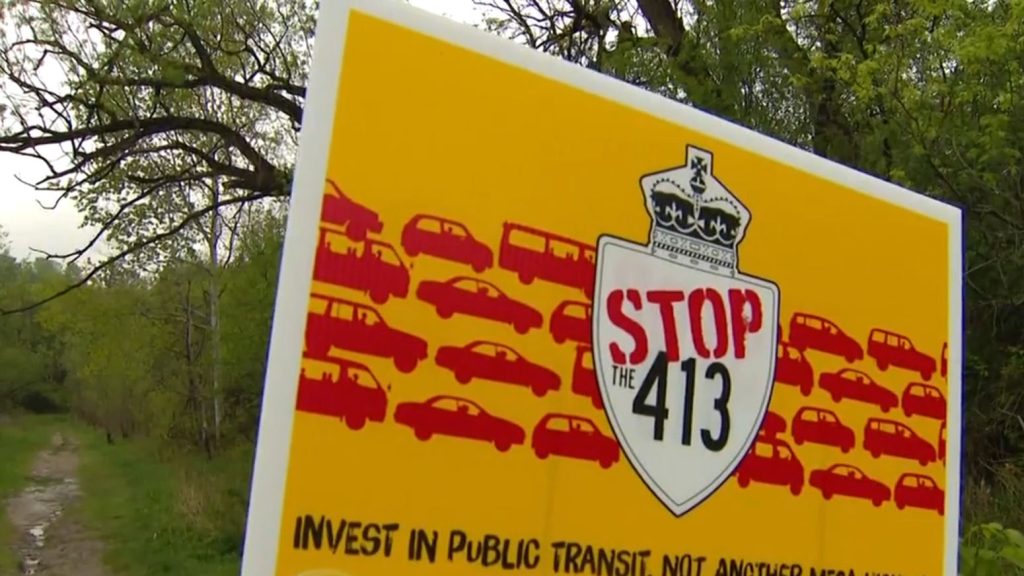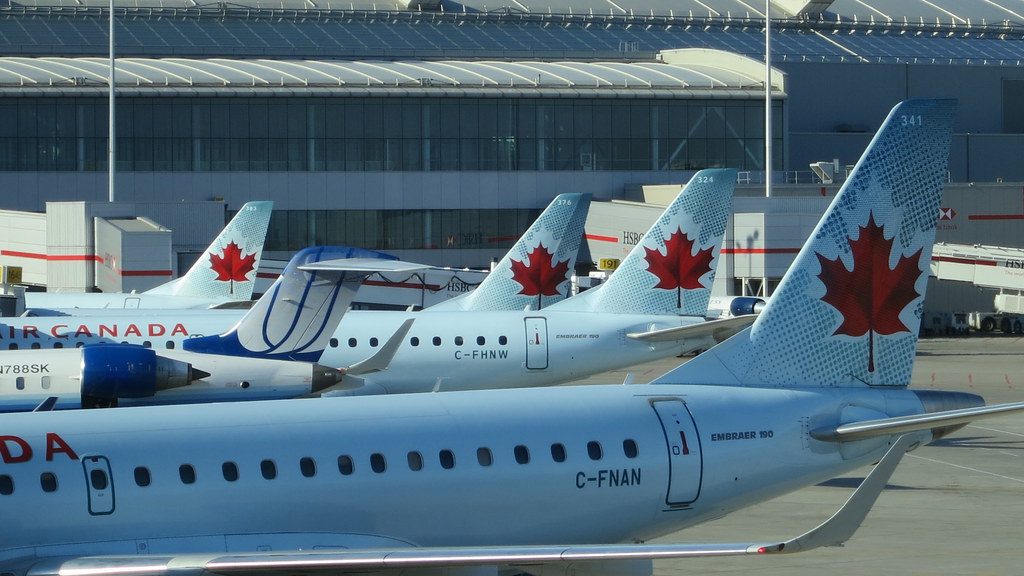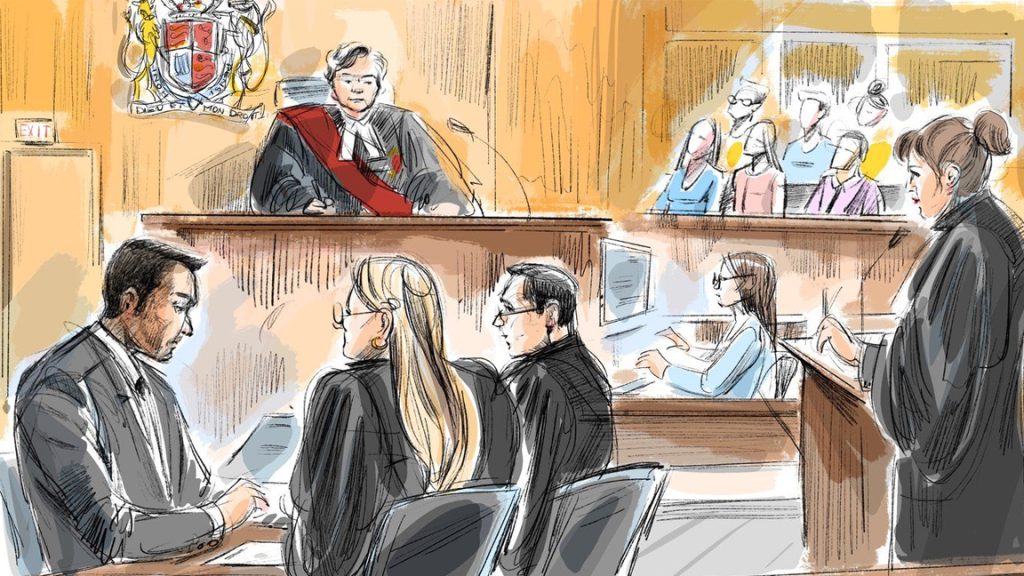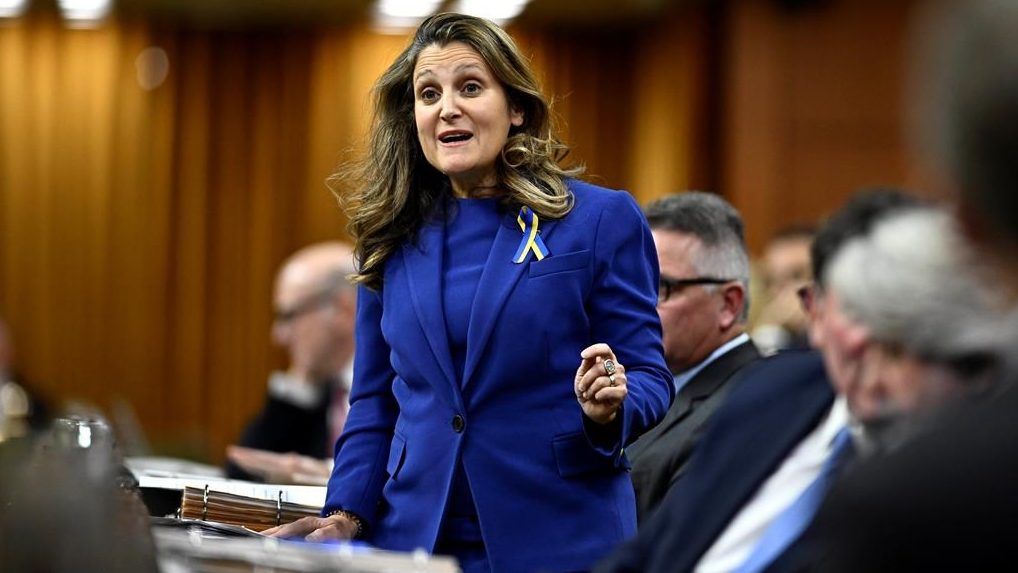Union of B.C. Indian Chiefs supports Indigenous man’s human rights complaint against VPD
Posted June 16, 2021 1:08 pm.
Last Updated June 17, 2021 1:11 am.
VANCOUVER (NEWS 1130) – The Union of B.C. Indian Chiefs (UBCIC) is applying to intervene in the B.C. Human Rights Tribunal case against the Vancouver Police Department for handcuffing an Indigenous man and his granddaughter as they tried to open a bank account a year and a half ago.
Maxwell Johnson and his then-12-year-old granddaughter, Tori-Anne, were at a Bank of Montreal (BMO) branch on Dec. 20, 2019, when an employee called Vancouver police, claiming the pair had produced “fraudulent Indian Status cards.”
Judge and lawyer Dr. Mary Ellen Turpel-Lafond says she will be applying on behalf of the UBCIC in the case, which argues the VPD wrongly detained the pair.
“This intervention is about supporting a complaint that aims to fight systemic racism, hold institutions accountable, and offer redress for the racial profiling and wrongful detainment that Max and his granddaughter experienced at the hands of the VPD,” said Turpel-Lafond, who also previously served as B.C.’s representative for children and youth.
RELATED ARTICLES:
-
Indigenous man arrested with granddaughter at Vancouver BMO files human rights complaint
-
Arrest of Indigenous girl, grandfather at Vancouver BMO prompts investigation, mayor demands accountability
-
BMO apologizes after Indigenous 12-year-old girl and grandfather reported to police by staff
Johnson and his granddaughter are both members of the Heiltsuk Nation.
They were “detained, brought out onto a busy downtown sidewalk, separated from one another, handcuffed, and searched,” UBCIC says in a statement, attaching a video security camera footage of the arrest.
Editor’s note: The following video may be upsetting to some viewers.
“This case embodies the systemic racism that we must all work together to eliminate,” Turpel-Lafond said.
The human rights complaint names both BMO and the Vancouver Police Department.
“This case has become a symbol of the fight against systemic racism in Canada, and we must all work together to hold institutions to account, and make sure this never happens again,” Marilyn Slett, Chief Councillor of the Heiltsuk Nation added.
The UBCIC has also released a copy of the VPD’s statement of defence.
[pdf-embedder url=”https://www.citynews1130.com/wp-content/blogs.dir/sites/9/2021/06/16/2021-02-17-VPD-Appendix-to-Response-to-Complaint_Redacted.pdf”]
“We completely reject the VPD’s colour-blind statement of defence, which is tone deaf and fails to acknowledge or address the systemic racism that Indigenous people like Max and his granddaughter, experience every day at the hands of police,” Grand Chief Stewart Phillip said.
“Institutionalized racism and unchecked police violence deny dignity and justice, and destroy lives – from unlawful detainments to deaths in custody. We remember Dale Culver, an unarmed Indigenous man who died in Prince George while being arrested by five RCMP officers in 2017. We remember Chantel Moore of Tla-o-qui-aht First Nation who was fatally shot five times by a police officer who was later placed on administrative leave. If justice is to be attainable, the VPD must be held accountable for any violations of human and Indigenous rights and set an example for other law enforcement agencies and institutions. The VPD must apologize for this incident, compensate the victims, and vastly improve its cultural competency training and anti-racism education.”
In November 2020, the police report that followed the arrest was released, which Johnson’s lawyers argued “show a discriminatory train of thought” leading up to the pair’s arrest.
[pdf-embedder url=”https://www.citynews1130.com/wp-content/blogs.dir/sites/9/2020/11/23/2019-258074_R-REDACTED.pdf” title=”2019-258074_R REDACTED”]
After handcuffing the pair, the attending officers “confirmed the validity of the cards” through speaking with the justice coordinator of the Heiltsuk Nation.
Meanwhile, First Nations leaders are putting out a call to help fight racism and fundraise for the legal challenge. Heiltsuk Nation has launched Strong as Cedar — an anti-racism campaign that calls on people across the country to share their experiences of systemic racism.
“Today, we are asking people from all walks of life to come together to help us fight systemic racism,” Johnson said. “By sharing our stories, we can hold police to account, and make sure everyone feels safe. It doesn’t matter what colour you are – we are all one.”
‘I should have done better’: Vancouver’s mayor admits he didn’t condemn arrest ‘strongly enough’
Vancouver Mayor Kennedy Stewart is apologizing to the pair, admitting he did not condemn the arrests “strongly enough” when it happened in 2019.
Stewart says the arrests were a “glaring example of the systemic racism that remains pervasive in all our institutions.”
“I’ve just reviewed the new newly released CCTV footage and it really is just made me sick to my stomach. I can’t help mentally connecting this event with the news coming out of Kamloops and across the country concerning the genocidal legacy of residential schools,” Stewart said.
“I should have done better, and I will do my best from now on never make that mistake again.”
Stewart says systemic racism exists in “all institutions” including the “City of Vancouver, the Bank of Montreal … the Vancouver Police Board and the department it oversees.”
“Naming systemic racism is not an attack on individual employees. It is pointing out that the way in which we make decisions and policies is broken. Naming systemic racism is simply the necessary starting point on any journey to become better.”
RELATED: Advocate stunned after VPD chief claims no systemic racism in Canadian policing
Stewart wants the police department to address systemic racism and is asking the province to give mayors like him who chair police boards more power.
“Unfortunately, the laws which govern my authority as chair of the Vancouver Police Board, prevent me from moving or amending motions or leading any policy changes or reviews,” he said.
Last year, Chief Const. Adam Palmer said systemic racism wasn’t evident in Canadian policing. When asked if the wrongful handcuffing and detention of Vancouver’s first Black Supreme Court justice last month changed how he views that, he said simply, “No, it doesn’t.”










